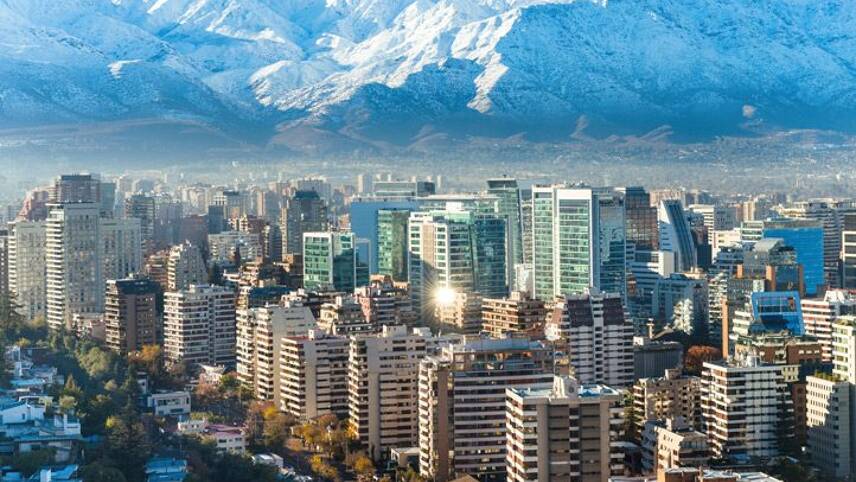Register for free and continue reading
Join our growing army of changemakers and get unlimited access to our premium content

Madrid has been confirmed as the new COP host
Chile’s president Sebastián Piñera announced that the Government had taken a “very difficult decision” in abandoning plans to host the Summit.
“We understand perfectly the importance of APEC and COP for Chile and the world, but we have based our decision on common sense,” Pinera said, as quoted by Bloomberg. “A president needs to put its people above everything else.”
Just 24 hours after the decision was made, UN Climate Change Executive Secretary Patricia Espinosa confirmed that Spain had made a “generous” offer to host COP25 in Madrid over the same period (2-13 December).
The Government of #Chile, as incoming #COP25 Presidency, has informed me that they received a generous offer of support from the Government of #Spain to hold the @UN #ClimateChange conference in #Madrid on the same dates as originally planned.
Statement: https://t.co/zUzyUVmeWO pic.twitter.com/gkbeO8Jmxc
— Patricia Espinosa C. (@PEspinosaC) October 31, 2019
Since the tweet, Espinosa and the UN have confirmed that Madrid will now host the Summit on the same scheduled date.
Espinosa said: “We are pleased to announce the COP Bureau has agreed that COP25 will take place from 2-13 December in IFEMA – Feria de Madrid in Madrid, Spain.”
What is happening in Chile?
Just 1% of Chile’s citizens earn 33% of the national wealth, which makes it the most socially unequal country amongst the Organization for Economic Cooperation and Development group of nations.
In recent weeks, the Government issued a 3% increase in subway fares, which was the culmination of a series of policy decisions that sparked mass protests and violence that has lasted for almost two weeks.
The Government has declared a state of emergency and 18 people have died in the violent protests and more than 7,000 have been arrested.
Piñera himself has had to replace eight ministers and introduce new policies that increase the minimum wage in the country and places higher taxes on wealthy Chileans. However, this has done little to resolve the unrest.
COP25
COP25 was set to take place between 2-13 December, and Chile has also cancelled the Asia-Pacific Economic Cooperation (APEC) summit set for in November.
The postponement of COP25 builds on more than a year of political unrest surrounding the ratification of the Paris Agreement and how nations can limit global warming to 1.5C.
In its landmark report published in October last year, the IPCC made clear that to limit global warming to the 1.5 level, global emissions must decrease by 2020 and be almost halved by 2030. This could only be done via a major transformation of our economies, it stressed.
Already at COP24, held in Katowice, Poland, last December, Saudi Arabia, the United States, Kuwait and Russia refused to welcome the findings of the IPCC report.
Worryingly, of the energy provided to G20 nations during the past 10 years, 82% was generated using coal, oil or gas – despite the bloc’s promises to transition to clean power.
Globally, nations are off-track to reach the Paris Agreement. Recent UN reports concluded that the world will be on track for an estimated 3.4C temperature rise if current NDCs are implemented. Similarly, research from the Grantham Research Institute on Climate Change and the Environment and the ESRC Centre for Climate Change Economic and Policy found that just 16 of the 58 nations to have made Paris Agreement commitments had set domestic targets which are ambitious enough.
Matt Mace


This will cause problems for Greta, I hope they can get her there safely